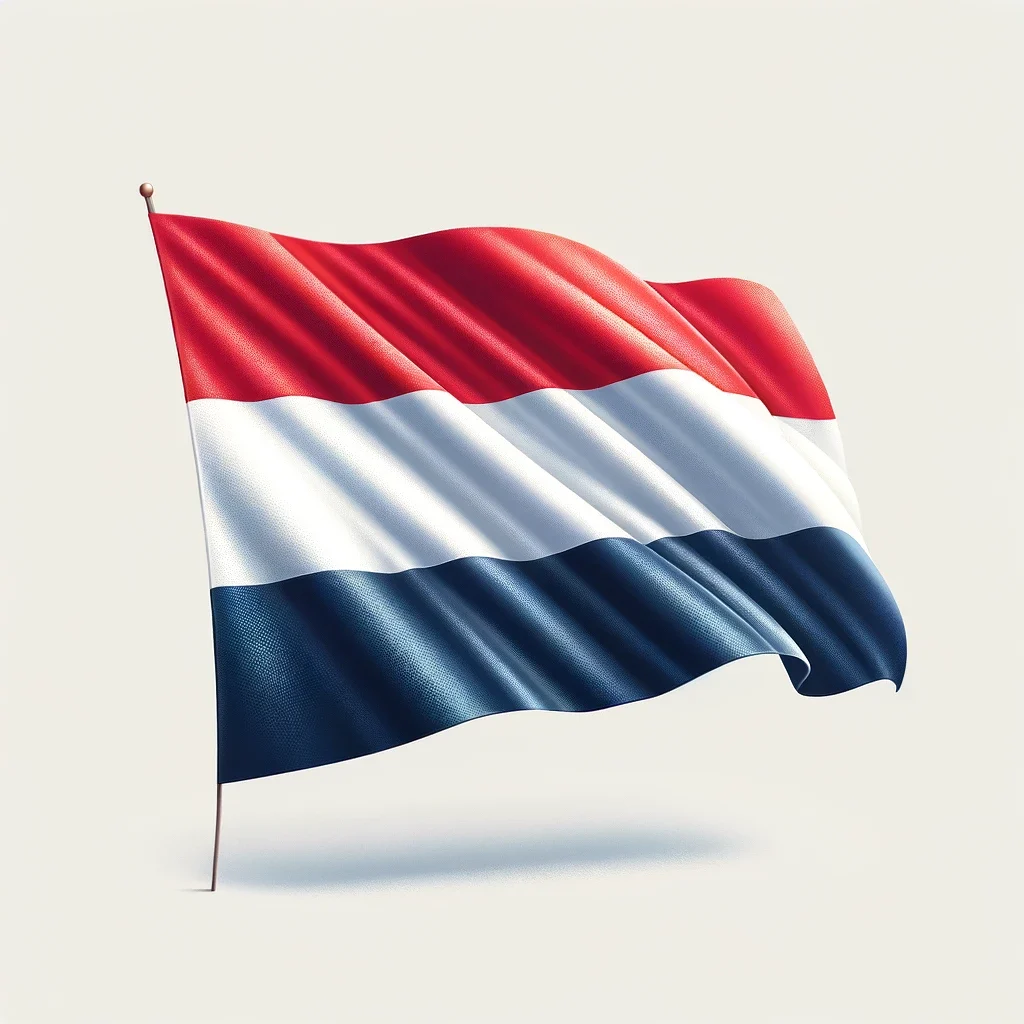The geopolitical landscape is heating up as the U.S. and South Africa find themselves in a diplomatic tussle, sparked by startling allegations over possible armament support to Russia.
The center of this controversy is the “Lady R”, a mysterious merchant ship that has instigated a whirlwind of debate and diplomatic discord.
An accusation ignites diplomatic discord
Last week, U.S. Ambassador Reuben Brigety jolted the tranquility of diplomatic relations when he publicly accused Pretoria of facilitating Russian arms dealings via the “Lady R”, a Russian merchant ship sanctioned by the U.S.
The ship made a conspicuous three-day stop at Simon’s Town naval base, an important South African location, after setting sail from the Russian port of Novorossiysk.
This allegation had immediate repercussions, with Brigety summoned by South African officials to substantiate his assertions.
Following the meeting with Naledi Pandor, the South African Minister of International Relations and Cooperation, Brigety took to Twitter to express gratitude for the opportunity to amend any misconceptions prompted by his remarks.
Discrepancies and disputes: Unraveling the “Lady R” enigma
However, South Africa’s Department of International Relations and Cooperation (DIRCO) painted a different picture of the diplomatic exchange. DIRCO spokesman, Clayson Monyela, stressed Brigety’s apology for his conduct, a stark contradiction to Brigety’s own narrative.
In further defiance of Brigety’s claims, Monyela emphasized that the National Conventional Arms Control Committee (NCACC) did not sanction any arms sales to Russia during the time in question.
These discrepancies further fueled the diplomatic whirlwind that now encircles the U.S., South Africa, and Russia.
As the saga continues to unfold, South African President Cyril Ramaphosa responded to the allegations by initiating an independent inquiry, led by a retired judge, to uncover the truth.
He reaffirmed South Africa’s non-aligned stance and its refusal to be drawn into the disputes between global superpowers, underlining the complexity of the situation.
South Africa’s tightrope walk amid global power tussles
South Africa’s ties with Russia have been increasingly scrutinized since Russia’s invasion of Ukraine. Regardless of its declared neutrality, South Africa’s historical relationship with Russia has wedged it into an uncomfortable position in the global power dynamic.
This diplomatic quagmire threatens to strain South Africa’s relations with its Western allies, particularly the U.S., thereby putting billions of dollars in U.S. exports at risk.
The U.S. Congress has begun reviewing its bilateral relations with Pretoria, casting doubts on South Africa’s participation in the African Growth and Opportunity Act (AGOA).
The high-stakes controversy has instilled anxiety among business leaders who are concerned about the potentially devastating economic repercussions.
They now call upon the South African government for clarity on its alleged arms trades with Russia, emphasizing the importance of maintaining amicable relations with the U.S.
The unfolding drama underscores the volatile nature of international diplomacy, with each country delicately balancing its interests against the backdrop of global power dynamics.
As the world watches, South Africa’s future actions will play a pivotal role in defining its international reputation.





